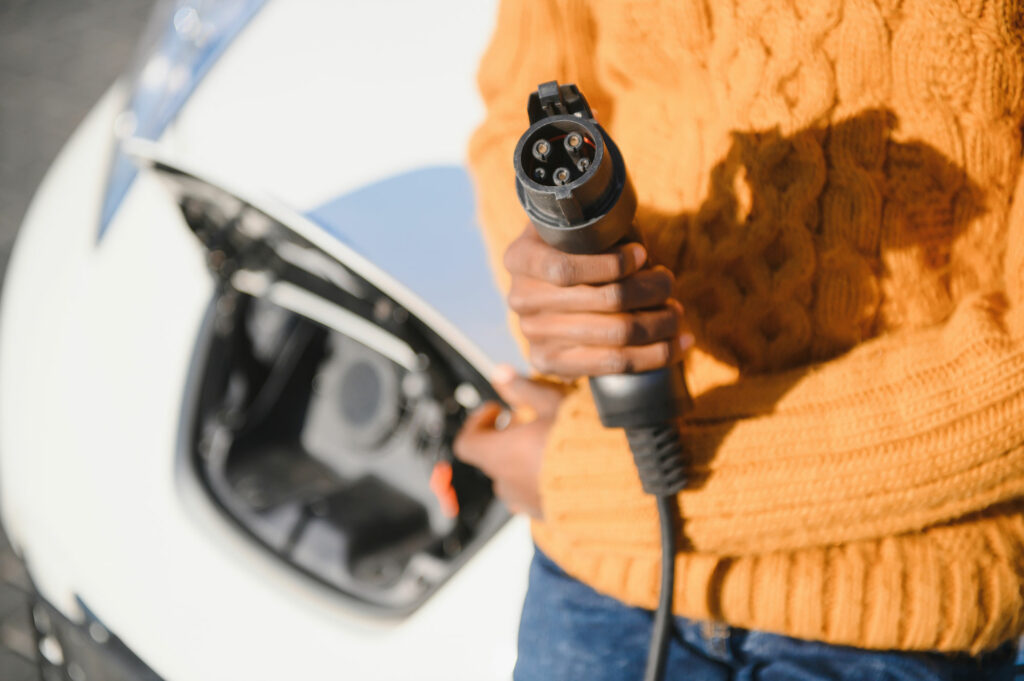Ford Motor Company’s ambitious plans for the BlueOval Battery Park in Marshall, Michigan, signal a pivotal moment in the state’s role in the electric vehicle (EV) revolution. Despite a scaled-back scope, the project is set to begin producing lithium iron phosphate (LFP) batteries by 2026, with an impressive annual capacity goal of 20 gigawatt-hours. These batteries are expected to power Ford’s EV trucks, mid-sized pickups, and commercial vans, playing a critical role in Ford’s strategy to reduce EV costs by lessening reliance on rare minerals.
Additionally, Ford’s Marshall battery production will prioritize replacing Chinese-made CATL LFP batteries currently used in the standard-range Mach-E. These batteries will likely also be used in the Lightning, e-Transit, and other mid-sized vehicles. Furthermore, Ford is working with LG to source batteries from its plant in Holland, Michigan, which is expanding to supply the Mach-E and e-Transit. This shift to Michigan-based battery production is expected to begin in 2025, making these vehicles eligible for Inflation Reduction Act (IRA) tax credits.
However, Ford’s journey into the EV market has faced bumps along the road. Recently, the company announced a shift by canceling plans for a three-row electric SUV and delaying the release of a new electric F-150 pickup. This decision aligns with a broader cost-cutting initiative in response to slower consumer adoption of EVs. Instead, Ford is focusing on mid-sized pickups and commercial vans, segments where it has traditionally excelled. Additionally, Ford is increasing its investment in hybrid vehicles, which blend electric motors with gasoline engines to offer a more cost-effective transition from traditional combustion engines.
The Marshall plant is expected to create over 1,700 jobs, providing a substantial boost to Michigan’s economy. The facility, spanning 1.8 million square feet, is about 20% complete. While the project has scaled down from its initial projections, the adjustment reflects the broader uncertainties in the EV market. Still, Ford’s commitment remains strong, as seen in their environmental investments. The company has dedicated 245 acres along the Kalamazoo River for conservation and is investing in advanced stormwater and air quality technologies.

Meanwhile, Toyota is taking a more cautious approach to Michigan’s EV scene by focusing on its expertise in hybrid technology. The company is building a $50 million battery lab iat its North American R&D headquarters in York Township, Mich. to evaluate batteries for electric and electrified vehicles in North America. This methodical expansion contrasts with Ford’s aggressive push into full electrification. Toyota’s strategy, backed by over 23 million global sales of electrified vehicles, demonstrates that there are multiple paths to automotive innovation.
As Ford and Toyota tackle the challenges of shifting from traditional engines to electric ones, Michigan is emerging as a hub for this change. Both companies’ projects reflect not only investments in the state’s economy but also commitments to sustainability and automotive innovation.
On another front, Michigan’s battery manufacturing landscape is stirring up debate. The proposed Gotion battery plant near Grand Rapids has raised concerns about foreign investment and national security. The $2.36 billion project, slated for Green Township, has drawn criticism due to its ties to China. Political figures, including GOP Vice Presidential nominee J.D. Vance, have argued that the plant’s connection to the Chinese Communist Party threatens U.S. security. The plant is expected to create 2,350 jobs, but its long-term impact has sparked fierce debate.
The Gotion plant has also raised environmental concerns, with critics pointing to the potential use of hazardous chemicals and high water consumption, which could risk local waterways. This opposition has turned Green Township into a “political battleground,” highlighting the complex challenges Michigan faces in balancing economic development, environmental sustainability, and geopolitical tensions.
Ford’s Marshall cell plant is expected to produce lower-cost LFP cells by 2026, likely replacing Chinese-made batteries in its standard-range Mach-E models. Additionally, Ford’s partnership with LG aims to shift battery production to Michigan, making future vehicles eligible for tax credits under the Inflation Reduction Act (IRA).
Michigan stands at the crossroads of innovation, as its automotive giants push the boundaries of electric mobility while navigating a rapidly changing global landscape.


